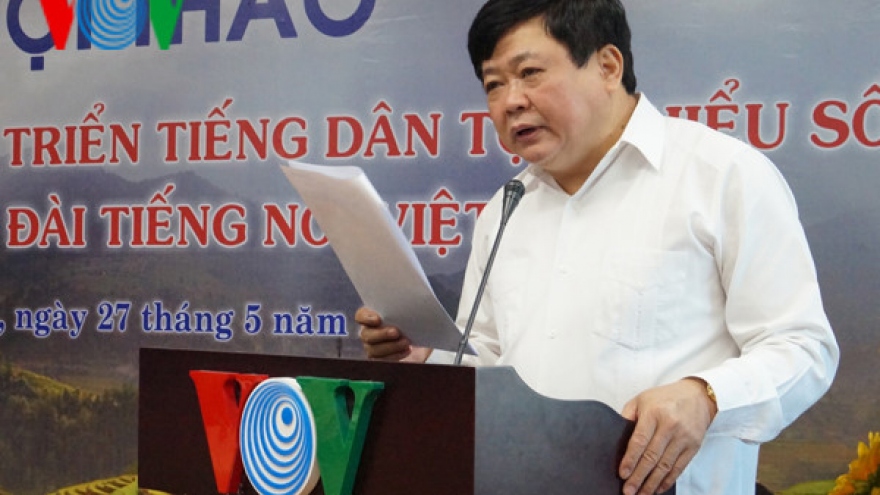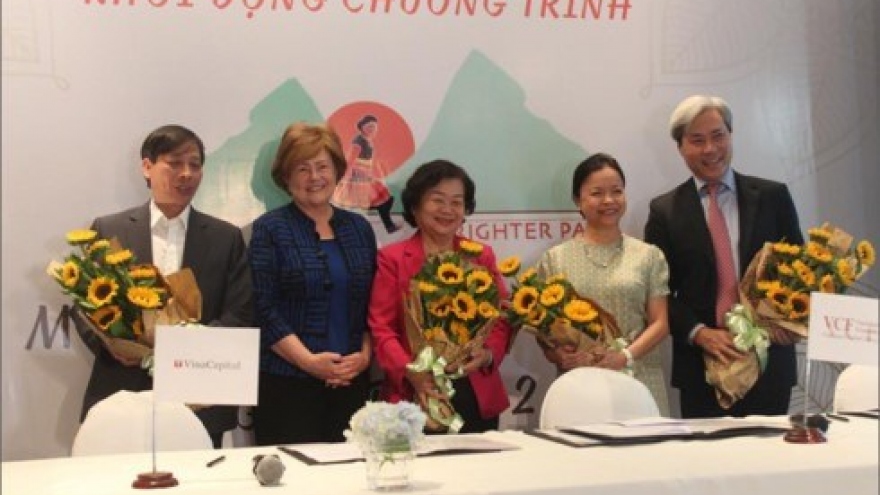Ways sought to increase female, ethnic officials’ leadership
A workshop was held in Hanoi on June 21 to seek measures to increase the engagement of female officials and those from ethnic minority groups in the political system and leadership roles.
 |
| NA Chairwoman Nguyen Thi Kim Ngan addresses the event |
Agencies and units with 30 percent of its staff being women upwards should have key female leaders, he said.
To reach the targets, Chinh said it is necessary to seek practical and breakthrough solutions to improve the quantity and quality of female officials and those from ethnic minority groups.
A report delivered at the workshop showed that the total current number of female officials in centrally-run agencies and units are 7,521, 17.5 percent of them are holding leadership and management positions from the department-level upwards. Agencies and units with high ratios of female officials include the Vietnam News Agency (41.8 percent), Radio the Voice of Vietnam (25.2 percent), and the State Bank of Vietnam (24.1 percent).
Meanwhile, the total female officials at the provincial level are 5,814, of whom 714 are holding leadership and management positions from the department-level upwards. Localities with the highest numbers of female officials include Lang Son (24.4 percent), Lao Cai (19.1 percent), Hai Phong (18.3 percent) and Can Tho (18 percent).
In her conclusion speech, Chairwoman of the National Assembly Nguyen Thi Kim Ngan said the achieved outcomes have failed meet the targets set out in the Party and State’s documents.
She highlighted the need to popularise policies and laws on the work related to female officials and those from ethnic minority groups as well as gender equality and solidarity among ethnic groups, thus raising responsibility and awareness of leaders of agencies in these fields.
The Chairwoman also stressed the necessity to enhance the operation quality and efficiency of the Vietnam Women’s Union, the Government Committee for Ethnic Affairs, the NA’s Council for Ethnic Affairs, the Women Parliamentarian Group, as well as other relevant agencies.
Ngan suggested localities hold similar workshops, thus giving advices to the Party Central Committee’s Organiation Commission to complete policies in the field.



